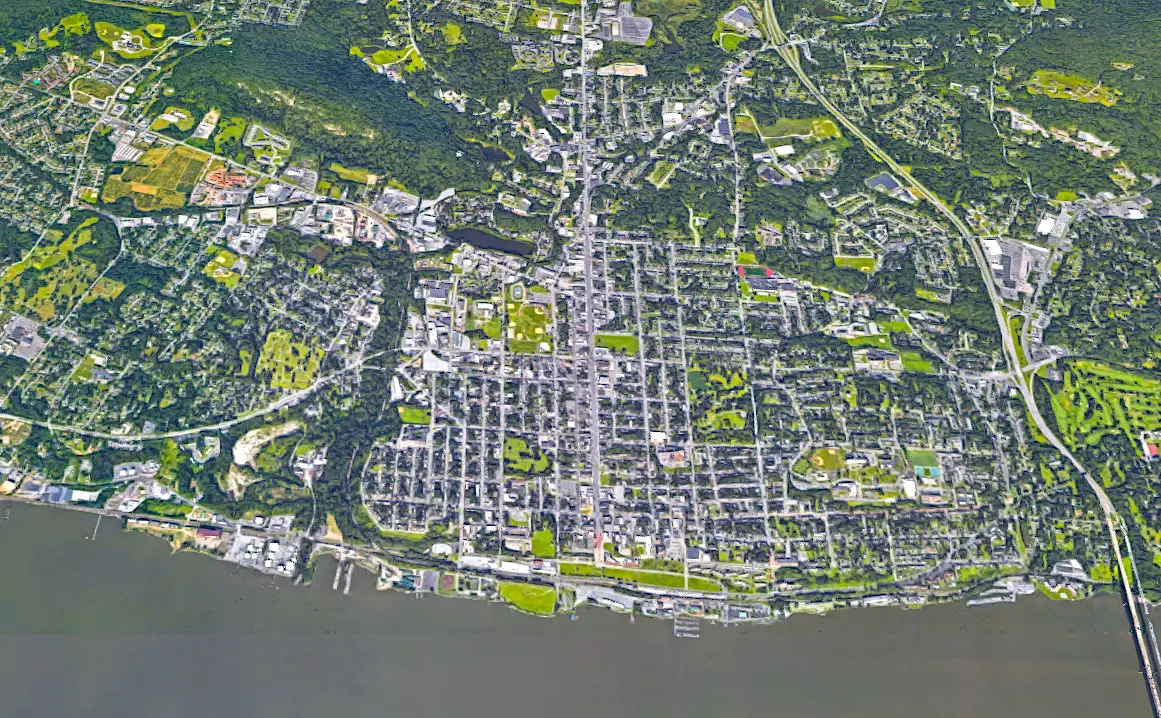Newburgh studies rent control
The City of Newburgh is trying to determine whether it can opt into the New York State Emergency Tenant Protection Act (ETPA)Â and institute a rent control program. The city’s Planning and Development Department asked owners of buildings built prior to 1974 with six or more residential units to respond to a survey that would reveal how many empty units exist. If the city finds that the citywide vacancy rate is less than 5%, a Declaration of Emergency can be issued and the City Council can take necessary steps to apply the ETPA, which would lead to the formation of a Rent Guideline Board for the city and the regulation of rents.
The state’s Division of Housing and Community Renewal said that in addition to regulating rent increases, ETPA entitles rent stabilized tenants to receive required services, to have their leases renewed, and to be protected from eviction except on grounds allowed by law.

According to Newburgh, approximately 40 municipalities in New York state have completed rental vacancy studies, found a vacancy rate below 5% and enabled ETPA through their local legislative bodies. In Ulster, the City of Kingston completed a rental vacancy study and enabled ETPA last year.
According to the National Low Income Housing Coalition, an estimated 1,300 housing units in Kingston are covered under its rent control, which applies to buildings with six or more units that were constructed prior to 1974. ETPA for Kingston was signed into law by Mayor Steve Noble on July 29, 2022. However, a landlord group, the Hudson Valley Property Owners Association, filed an Article 78 lawsuit designed to overturn Kingston’s action. In February of this year, a court ruled that the city’s declaration of emergency and institution of ETPA was valid but certain things that Kingston’s guideline board had done were invalid. The landlord’s group filed an appeal and Kingston’s board filed a cross appeal but continued operating.
According to New York state, on June 21, 2023, the Kingston Rent Guideline Board convened and voted to establish rent guidelines for apartments subject to the ETPA in Kingston for the year ahead, as required by law. The board voted for the following guideline rates to take effect for leases beginning between Oct. 1, 2023, and Sept. 30, 2024: 0% for a one-year lease, 0% for a two-year lease.
The state’s Division of Housing and Community Renewal said that in addition to regulating rent increases, ETPA entitles rent stabilized tenants to receive required services, to have their leases renewed, and to be protected from eviction except on grounds allowed by law.
On June 14, 2019, the state enacted the Housing Stability and Tenant Protection Act (HSTPA) that allows any locality in New York state to enact rent stabilization if “a declaration of emergency” regarding available apartments is made pursuant to the Emergency Tenant Protection Act of 1974. It removed a geographic restriction limiting rent control to New York City, Westchester, Rockland and Nassau.
Certain types of housing are excluded from coverage by EPTA, including: units in buildings containing less than six dwelling units; rent controlled apartments; motor courts; tourist homes; certain nonprofit units; certain governmentally supervised housing; and housing accommodations in buildings completed on or after Jan. 1, 1974. The law allows a municipality to pass along to landlords the cost of administering rent control up to a fee of $20 per unit each year.